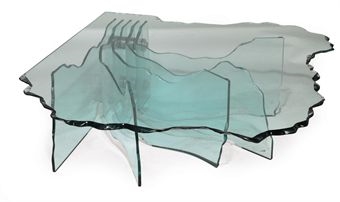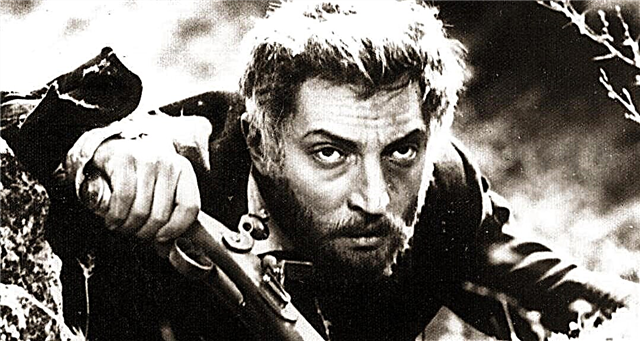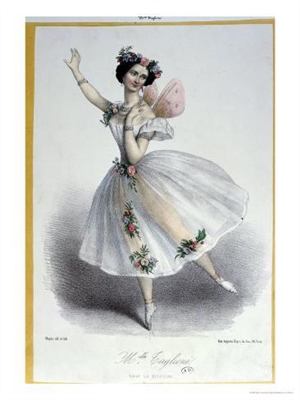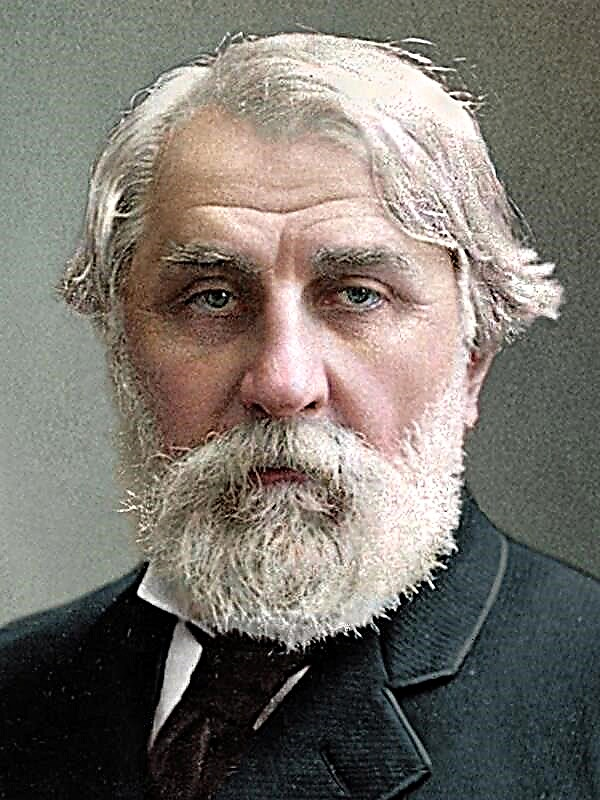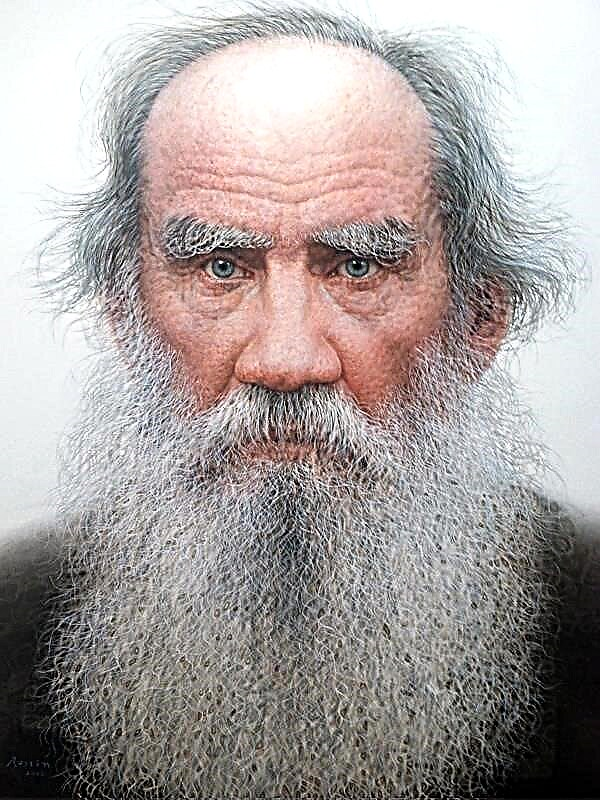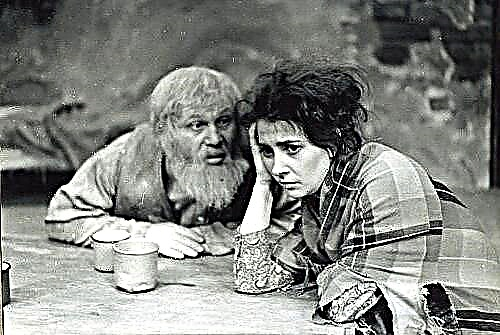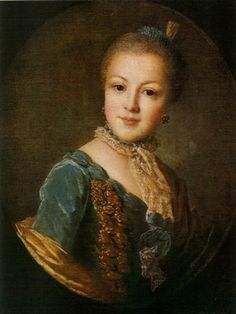In 1429, Joan of Arc, a young peasant woman from Domremy, took charge of the French army and changed the course of the Hundred Years War between England and France over the course of a year. A turning point was the lifting of the siege from Orleans. Inspired by Jeanne, the soldiers won a series of brilliant victories and recaptured part of France captured by the British.
However, many did not like the rapid rise of the girl from the people; Having become a victim of betrayal, Jeanne is captured by British supporters and appears before a church court. In this difficult hour for her, the audience meets the heroine of the play. For nine months now, the process has been going on in Rouen: the English count Warwick, the French bishop Cauchon, Fiscal and the Inquisitor are trying at all costs to discredit Jeanne and force her to renounce her deeds.
The judges invite Jeanne to tell her story, and she is immersed in memories. As a child, she first heard the voices of saints. At first they called her to be obedient and pray to God, and when she grew up, they ordered to go to the king’s help and return the kingdom to him, torn to pieces by the British. Jeanne's father, having learned that his daughter was going to become the head of the army and go on a campaign to save France, was furious and beat her. Mother also does not approve of Jeanne's intentions. In tears, the girl complains about the voices of the saints ...
Inspired from above, Jeanne goes to the nearest town of Vokuler, goes to commandant Bodrikur and asks him for a man’s suit, horse and armed escort to Chinon, where the residence of Dauphin Karl, whom she certainly needs to meet, is located.
Bodricourt did not mind having fun with a pretty girl, but to give her a horse and so on - no, thank you! However, Jeanne manages to trick the proud pride. Everyone knows that part of the French nobility sided with the British. Orleans was under siege, and the French soldiers were completely depressed due to constant defeats. They need someone to inspire them. And she will become that person, Jeanne. And Bodricourt, who sent Jeanne to the court, will be seen and awarded. Struck by her reasoning, Bodricourt sends the girl to Chinon.
In the gloomy Chinon castle sits the uncrowned king - Dauphin Carl. The king, his father, was insane, while his son wonders if it is better to be a bastard or a madman. Karl, doubting his origin, turned into a pawn in the hands of various political parties.
Karl is informed that some village girl wants to see him: she claims that she came to save France and crown him. Dauphin decides to accept it - it will not be worse. Moreover, you can still laugh: the simple girl never saw the king, so he will put him on the throne of a page, and he himself will be lost in the crowd of courtiers. So let's see if it is really sent to him from above, or is it just a fool.
Joan of the throne room unmistakably finds the Dauphin. She declares to him that the Lord ordered her to stand at the head of the French army, lift the siege from Orleans and crown him in Reims. The amazed Karl drives out all the courtiers and remains with Jeanne alone. He wants to know why God had not remembered him before? “God does not love those who are afraid,” the girl simply answers. Shocked by the simplicity and clarity of her answers, Karl appoints her commander of the French army. Jeanne's memories are interrupted by Warwick. He states that Karl simply used Jeanne as a talisman. Although - he must admit - indeed, Orleans was liberated, and the French unexpectedly won a number of significant victories. Maybe God helped them, or maybe "a lark, singing in the sky of France over the heads of the foot soldiers ...". But now the lark has fallen - Jeanne is in captivity, her voices are silent, the king and the court turned their backs on her, and after ten years no one will remember this story at all.
Bishop Cauchon and Fiscal want to confuse Jeanne with insidious questions. Does she believe in miracles created by the Lord? Yes, he believes, but man performs the main miracles with the help of the courage and mind given to him by God. Cauchon accuses Jeanne of enjoying fighting. No, just war is work, but in order to drive the British out of France, you need to work hard. Before the eyes of Jeanne appears one of her captains, Lair. Now she knows that the glutton, the blasphemer and the bully Lair is as pleasing to God as the bishops and saints, because he is simple-minded and is fighting for a just cause. Jeanne is sure: Lair will come and set her free. No, Cauchon answers, Lair has become the leader of the gang and is now hunting for robbery on German roads. Seeing how the girl was shocked by the betrayal of her comrade, Cauchon sneakily suggests that Jeanne renounce her votes and her victories. “I will never repudiate what I have done,” the girl proudly declares.
The inquisitor's ominous voice is heard. He points to the main enemy of the church - a man who believes in himself, obsessed with love for people. The inquisitor demands to excommunicate Jeanne from the church, transfer it to the hands of secular authorities and execute him.
The Rouen executioner enters the scene. But Jeanne is afraid not of him, but of excommunication, because for her the church and God are inseparable. Speech of Karl further increases Jeanne’s suffering. Having become a king, he no longer needs her help, on the contrary, he does not like the reminders that he owes his crown to a simple village shepherd, who, in addition, is going to declare a heretic. No, no, he no longer wants to even hear about her.
Jeanne is finally discouraged - everyone who was dear to her turned away from her. She agrees to wear a women's dress and renounce all her accomplishments. Unable to write, Jeanne puts a cross under abdication. Varvik congratulates Cauchon: Jeanne’s execution would become a "triumph of the French spirit", and in renunciation there is "something miserable." Indeed, the little lonely Jeanne in the prison cell evokes compassion. She cries in vain to the voices, they are silent, do not want to help her. Warwick comes to congratulate Jeanne. In fact, he is deeply sympathetic to him, he absolutely does not want to execute her, it’s only commoners who let themselves be killed for nothing.
The words of Warwick deeply hurt the girl’s soul: she herself is from the people! Zhanna suddenly realizes that she made a mistake: she can never forget what she did! Let the voices be silent - she takes it upon herself! She refuses renunciation!
Shouts are heard: “Heretic to the fire! Death!" All the characters sitting on the stage grab arms of brushwood and build a fire. Jeanne is tied to a pole. She asks to give her a cross, and some English soldier gives her a cross, connected from two sticks. Someone sets fire to fire, Jeanne boldly and directly looks in front of her.
Suddenly, with a loud cry, Bodricour bursts into the scene. You can’t end the play, because they have not played the coronation yet! “The real end of the story of Jeanne is joyful. This is a lark in the sky! This is Jeanne in Reims, in all the splendor of her glory! ”
Everyone rushes to take the fire away. Jeanne is brought her sword, banner and cloak. There is a ringing of bells, an organ sounds. Everyone kneels down. The archbishop lays a crown on Karl’s head. Jeanne stands, straightening up, smiling to heaven, as in a picture from a history reader for students. “The story of Joan of Arc is a story with a happy ending!”

